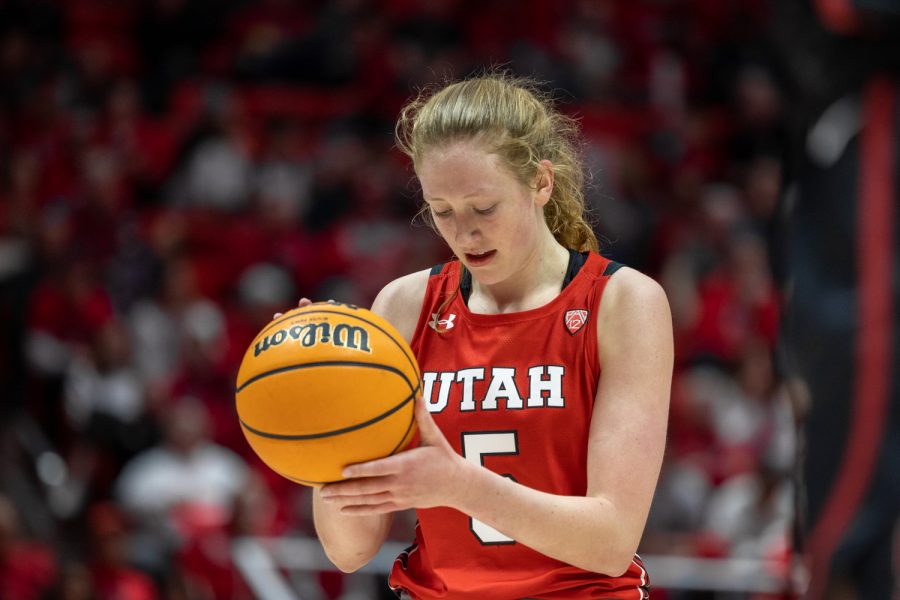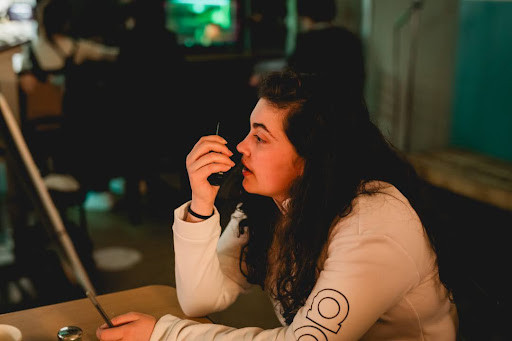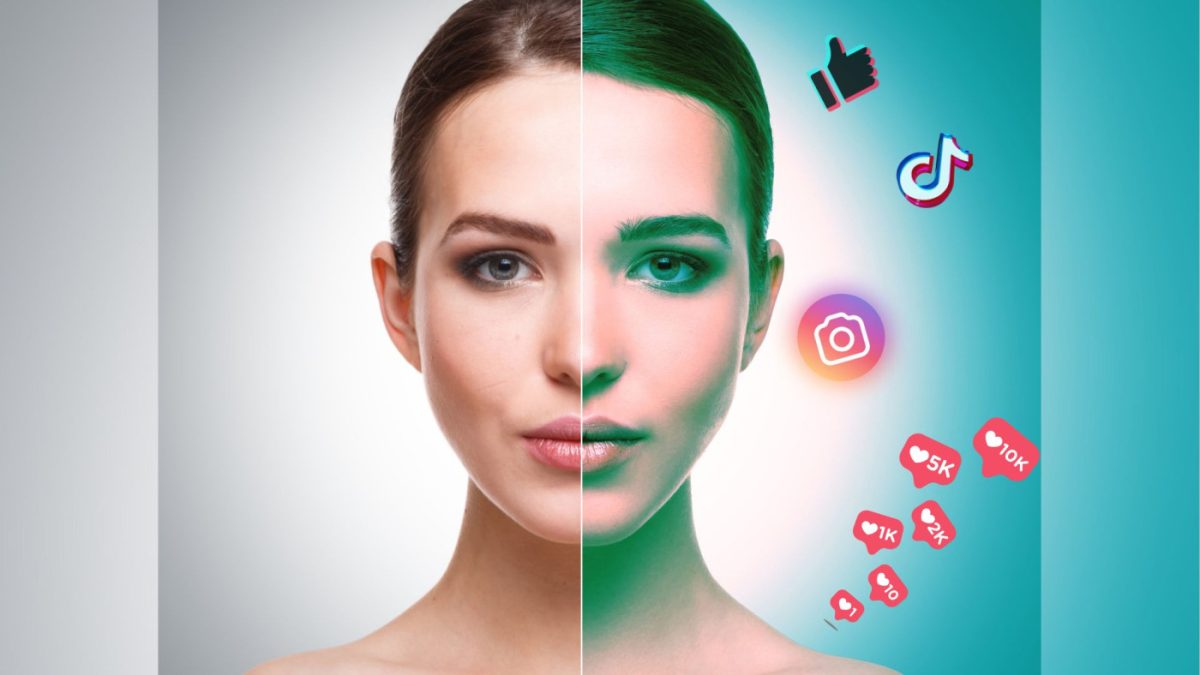Soter: Real Feminists Shouldn’t Watch Romance Movies
http://maxpixel.freegreatpicture.com/
(Courtesy Max Pixel)
May 26, 2021
Let me start off by saying that it pains me to write this article — I live by romance films. Anyone close to me knows if I’m not reading, writing or trying to teach my dog, Larry, how to fetch, chances are I’m re-watching one of the Nicholas Sparks adaptations. And I’m not alone. According to a recent study, 77% of women cited having a favorable impression of the romance genre. But I recently read a novel titled “How to Date Men When You Hate Men” by a woman named Blythe Roberson, and it transformed me and my love of romance.
Roberson got me thinking: The premise of almost every romantic movie ever written is that the woman needs a man to be successful and happy — to gain a grain-sized amount of self-worth. And really, even if she doesn’t want the man (and makes that fact perfectly clear), she always ends up being wooed by some unimaginable romantic gesture. Then, they end up living happily ever after, having lots of babies who will grow up and live their lives based on the same patriarchal trope — simultaneously encouraging their audience of millions of young women to do the exact same thing.
Unfortunately, I am one of those young women and have been since the moment I watched “Beauty and the Beast.” Somehow, I was convinced that it was not only OK for a young woman to fall in love with a monster but that it was an ideal love story. Maybe that explains why I’ve had such a banged-up romantic history or why I’ve been labeled as one of those poor “hopeless romantics.” But how could I not be? How could any of us not be? We all want to be told that we are loved. However, it’s important to remember that love is a slippery slope. When you become one person’s world, it’s easy to lose your own.
As women, we are socialized into thinking that our purpose in life is to marry and procreate. I blame the romance genre, and you should too. That said, rom-coms have shaped how many of us view what love should look like, so I understand that jumping aboard this particular blame train is a difficult decision. It’s going to take more than a few digs at the patriarchy and some slight criticism of “Beauty and the Beast.” It’s going to take real-life evidence. So, to illustrate my point, I’ve chosen three classic romance films to analyze from a feminist lens. I can promise the result won’t be pretty.
“The Runaway Bride”
When I re-watched this movie, I was shocked by how un-feminist it is by today’s definition. Julia Roberts plays Maggie Carpenter who doesn’t want to get married so much to the point that she literally runs away from her weddings. But despite her actions, the importance of marriage is so ingrained in her brain that she continues to say yes to wedding proposals, all while knowing she’s going to bolt. Until, of course, she meets Ike Graham (Richard Gere), the man who wrote about her marriage escapades in a national news outlet, completely humiliating her and her family. So, not exactly what I’d call romance as much as I’d just call it society’s way of forcing women to uphold antiquated gender roles. And to think, this is a movie that costs $3.99 to rent on Amazon Prime.
“50 First Dates”
“Okay,” you think. “Drew Barrymore, A.K.A. the queen of the rom-com genre — how could this be bad?” Well, “50 First Dates” starred Adam Sandler which is just an inherent red flag and to add on to that, the plot is shocking. Barrymore plays a character who has no short-term memory, so she forgets everything that happens to her when she wakes up the next morning. Sandler’s character, on the other hand, remembers everything and spends months falling in love with her. In the end, he spends one of the many days Barrymore forgets convincing her to marry him and have his child on a ship in the middle of the ocean. Now, I’m pretty sure you can’t fall in love with someone in 24 hours, let alone within the first five minutes of waking up. And yet, this is the exact plot line of “50 First Dates” — patriarchal patronization at its finest.
“27 Dresses”
Katherine Heigl plays a caretaker who spends the majority of her adult life planning 27 of her closest friends’ weddings, all while waiting helplessly for her own dream boy to profess his love. But the dream boy falls in love with Heigl’s younger sister, resulting in Heigl having a breakdown and falling in love with a pessimistic journalist who doesn’t believe in matrimony.
Now, of course, this is just an overview — there is also some heart-warming Elton John karaoke and familial bonding, but these few scenes don’t diminish the fact that Heigl spends her life dependent on a man, and when that man is no longer an option, she settles for another. And this plot line is a common one. The media frequently portrays the female protagonist as helpless, falling victim to unrealistic expectations of love. Unfortunately, no number of “Benny and the Jets” renditions will save this sexist film.
Because of the women in these films, and many others, women are surrounded by the message that the only way to live life fully is to fall in love. And while I do think love is great, I know it isn’t everything. It’s about time for Hollywood to develop the same mindset.












